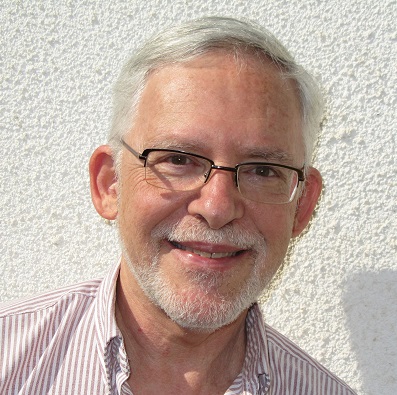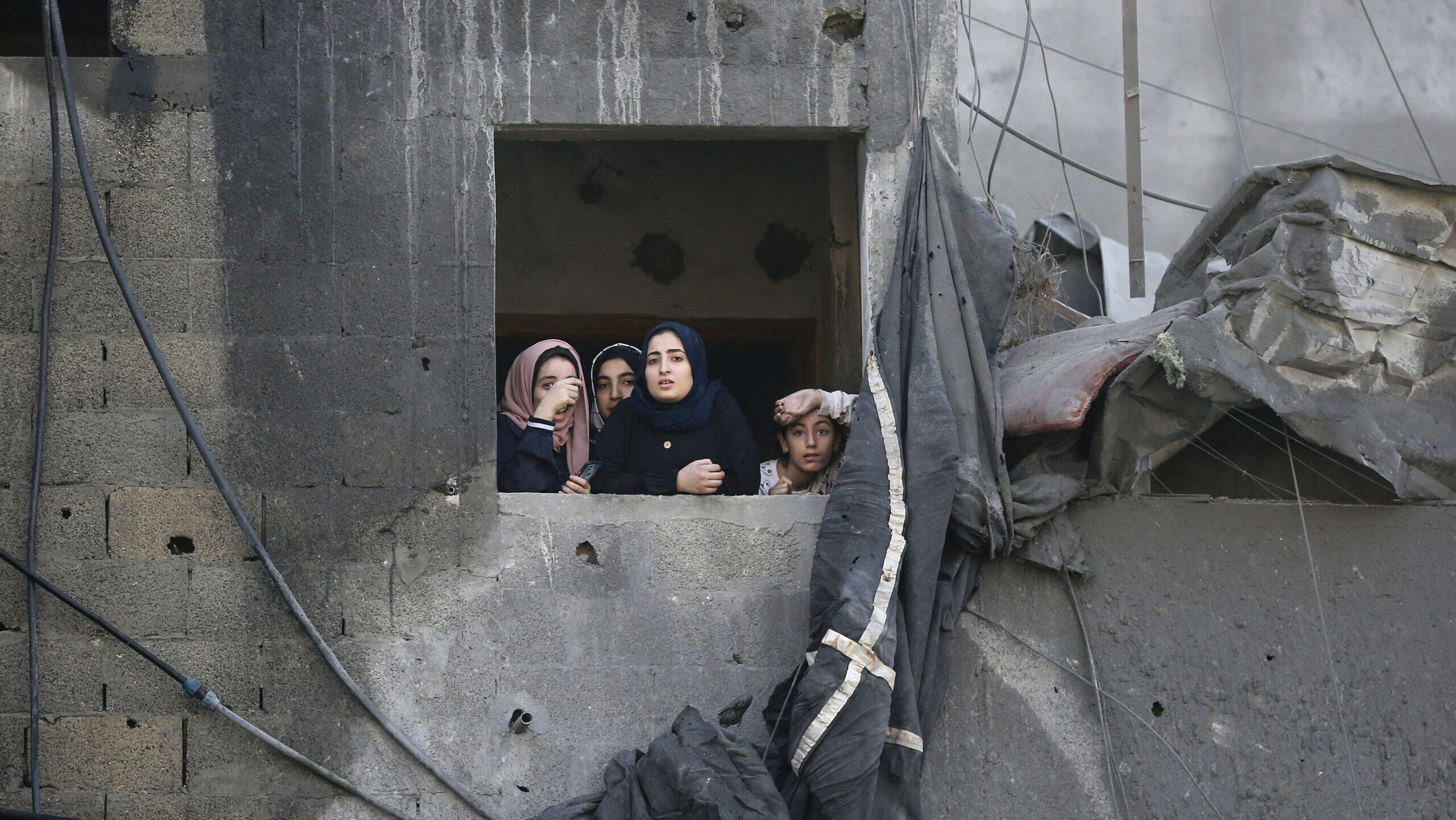UNRWA Is a Terrorism-Tainted Symptom
The real disease is the faux "right of return" for Palestinian refugees, which has stymied peacemaking and progress for seven decades
UNRWA, the Hamas-infested agency that props up Palestinians in Gaza and around the world, is not the disease, it’s a symptom. The disease is the “right of return” of Palestinian “refugees.”
The “right of return” has torpedoed peace efforts for decades. It’s the concept that all the Palestinian refugees from the 1948-1949 war that followed Israel’s creation, and their descendants, have the inalienable right to return to their former villages in Israel. No matter that one of those villages is said to be under the main runway of Israel’s international airport and that many others no longer exist. Rights are rights.
There are legal and historical reasons why that “right” is no right at all, and we’ll get to some of them, but above all, there’s a logical fallacy.
UNRWA now counts 5.9 million Palestinian refugees and backs the “right” of all of them to “return” to what has been Israel for the past 75 years. That absurdly inflated count amounts to more than twice the number of Palestinians who live in the West Bank and Gaza, which would make up the Palestinian state according to the “two-state solution.”
Here’s the fallacy: How is it that the Palestinians want a state, and at the same time, they want the majority of their people to live in someone else’s state?
There are prominent Palestinians who acknowledge this fallacy. Several have admitted it to me off the record. In practice, the faux “right of return” is so sacred to the Palestinian narrative that no leader, not even the legendary Yasser Arafat and certainly not the current charisma-free, superannuated president, Mahmoud Abbas, dares to tell his people the truth, which actually isn’t so awful.
The conscious, unconscionable decision was made by Arab leaders to promise the unfulfillable, thereby marooning the refugees, their children, and their grandchildren in camps, and using them as pawns to embarrass and pressure Israel
They could have said: “We Palestinians will have our own independent state, and we will welcome all Palestinians to come live in this state, and in partnership with our neighbors in Israel and friends around the world, we will make it into the best, most attractive and prosperous nation in the Middle East.”
That sentence has never been heard in public, all because of the “right of return.”
This holiday season, give to:
Truth and understanding
The Media Line's intrepid correspondents are in Israel, Gaza, Lebanon, Syria and Pakistan providing first-person reporting.
They all said they cover it.
We see it.
We report with just one agenda: the truth.


Without the “right of return,” the “refugee crisis” would have disappeared decades ago, along with the natural passing of most of the refugees.
But no. The conscious, unconscionable decision was made by Arab leaders to promise the unfulfillable, thereby marooning the refugees, their children, and their grandchildren in camps, and using them as pawns to embarrass and pressure Israel.
It has backfired tragically, leading Arafat and Abbas to turn down two Israeli offers of a Palestinian state based on their demands, except for one: the “right of return.”
The quotes around that phrase are no accident. There is no such right.
No one reads the whole resolution anymore. Instead, Palestinians cherry-pick the part that says that “refugees wishing to return to their homes and live at peace with their neighbors should be permitted to do so at the earliest practicable date.”
The claim is based on UN General Assembly Resolution 194 from December 1948, during a cease-fire that didn’t hold. First of all, UNGA resolutions are only recommendations. But there’s more.
No one reads the whole resolution anymore. Instead, Palestinians cherry-pick the part that says that “refugees wishing to return to their homes and live at peace with their neighbors should be permitted to do so at the earliest practicable date.”
If you accept that, you have to accept the rest. The resolution mentions refugees, not their descendants. And it includes, for example, turning Jerusalem and its environs, all the way to Bethlehem, into a stateless, UN-governed protectorate. No one wants that.
It’s clear from a reading of the whole resolution that it was meant to be carried out in the weeks and months after the war ended, in conjunction with the partition plan approved by the UN to create Jewish and Arab states from the defunct British Mandate.
However, the entire Arab world rejected the partition plan, and Arab nations sent seven armies into the new Jewish state with the aim of driving the Jews into the sea. About 700,000 Palestinians left their homes, some at the request of the Arab leaders, and others expelled by Israeli forces, and they expected to go back home as soon as the Jewish problem was solved with a bloody Arab military victory.
That didn’t happen. Israel survived. So UNRWA was established in December 1949 and took to building what it called “shelters” for the refugees in camps across the Middle East. UNRWA described itself, and still describes itself, as a welfare body, providing food, education, and health services to the refugees and their families.
The problem is that it turned permanent, in keeping with the demands of the Arab states. UNRWA’s schools taught and teach hatred of Israel. And while UNRWA claims not to have an official stand about the “right of return,” it has been educating three generations of Palestinians about it as a God-given right, as well as the right of violent resistance against Israel, which is not even in its schoolbook maps. Study after study, translation after translation of UNRWA textbooks, back this up.
Today in Gaza, UNRWA is an arm of Hamas, promoting terrorism and often taking a direct role. Defunding UNRWA is not enough. Reforming it is impossible.
It’s significant that UNRWA still refers to the housing in refugee camps as “shelters.” Some have been there for many decades. Many others are relatively new, some multi-story, and they would fit nicely into a normal city. But in the world of UNRWA, they’re all just temporary, until all the “refugees” go “home.”
Today in Gaza, UNRWA is an arm of Hamas, promoting terrorism and often taking a direct role. Defunding UNRWA is not enough. Reforming it is impossible.
The destruction in Gaza brought on by the Hamas massacre in Israel on Oct. 7 can be transformed into an opportunity. There will be an international coalition tasked with rebuilding. It’s a chance to replace UNRWA completely and end its destructive activities.
That would heal the UNRWA symptom. Curing the disease, though, would mean discarding the myth that has blocked peacemaking and progress for seven decades: the “right of return.”


